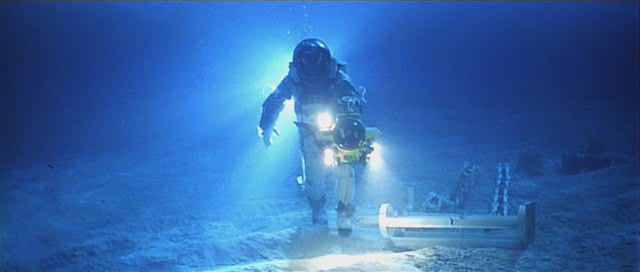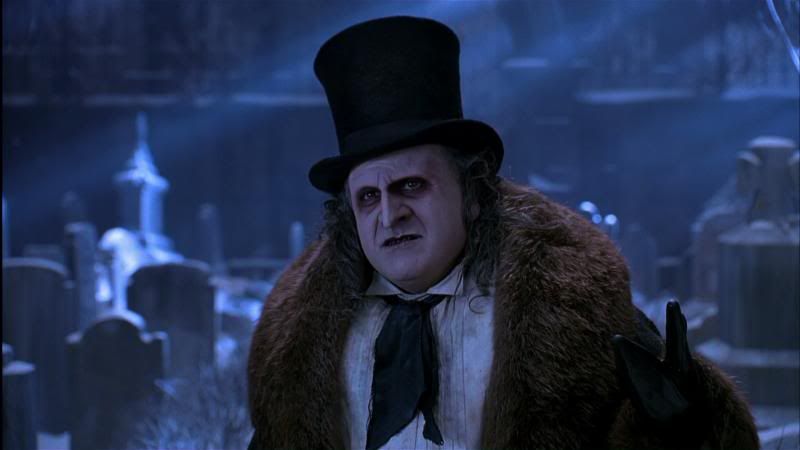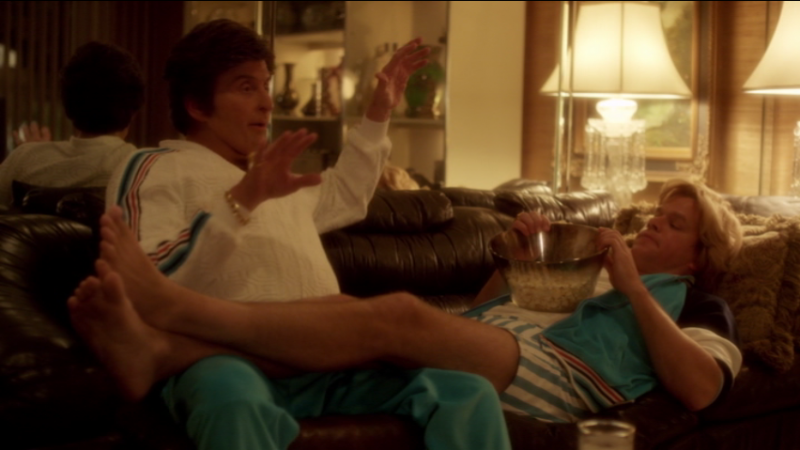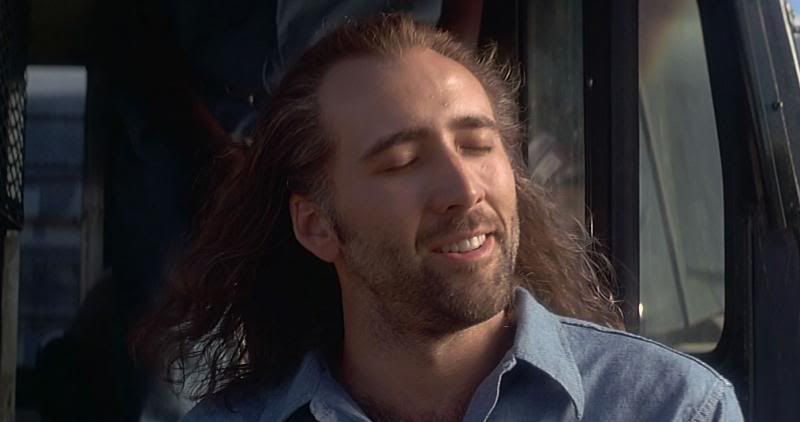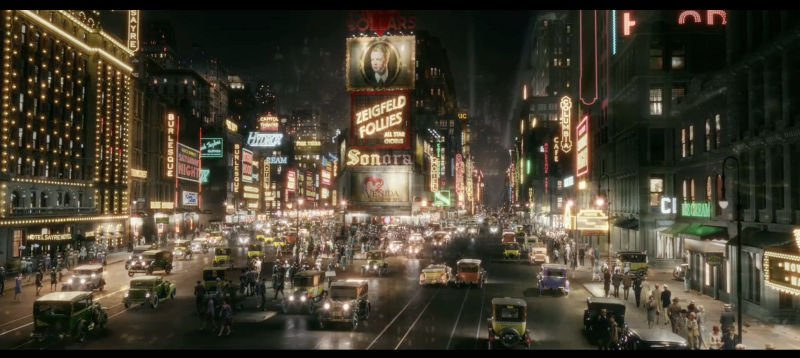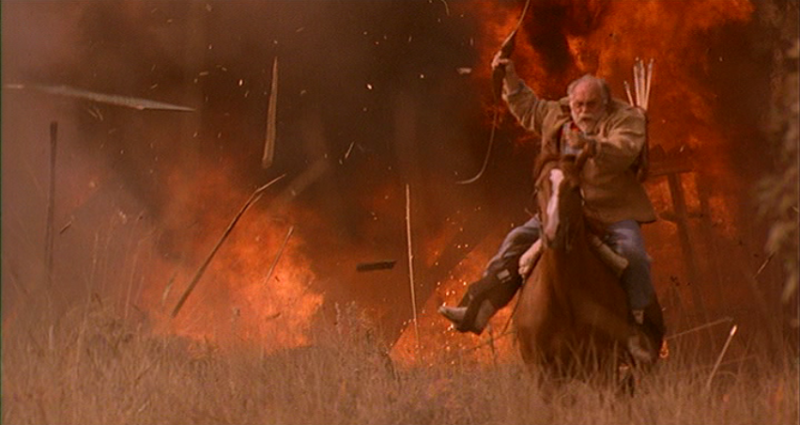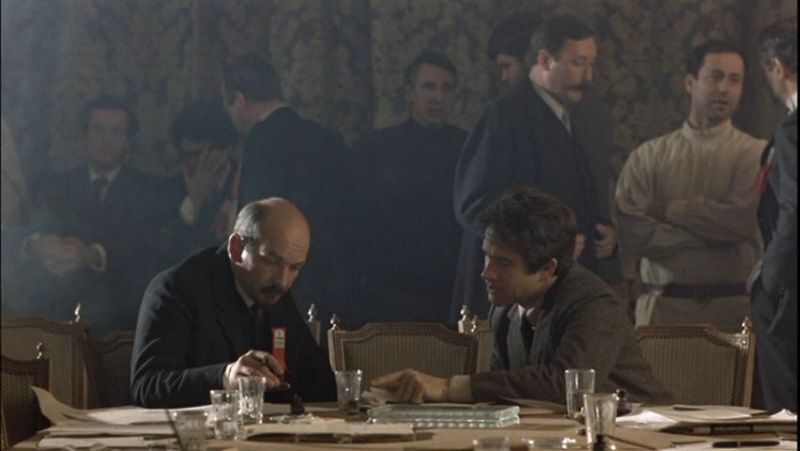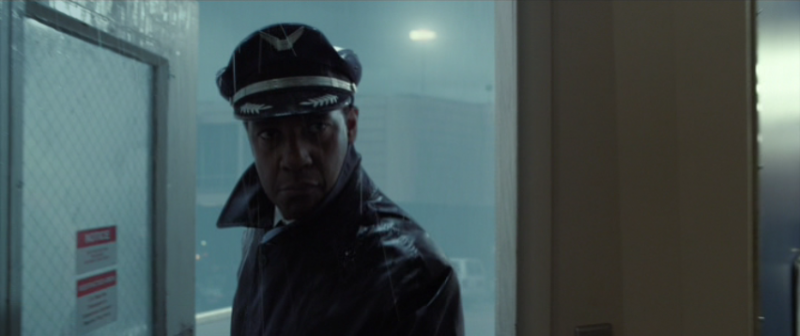Few contemporary filmmakers have nailed an atmospheric sense of place as certainly as Jeff Nichols has. The South in Mud is dirty, ragged, barely welded together by a guy in a garage, but it still runs. That's not the whole picture, and Nichols doesn't pretend it is, but it is the existential reality of these particular characters. They continue to embrace it and therein find their identity. "I ain't no townie," Ellis tells his dad when told he will be moving to town after his parents split up. His dad understands but finds himself helpless to do anything different. Matter of fact, it looks like he's always found himself a little overwhelmed by the basic responsibilities of life.
Talking.
Loving.
Giving.
Listening.
These aren't things Senior is particularly good at.
And soon he will pass a lineage of brooding silence onto his boy.
Ellis is a romantic. It's easy to figure Senior probably was too, once. He will learn the way of his father through heartbreak.
 |
| The most evocative shot in the film. The stoicism of the southern male exemplified. |

